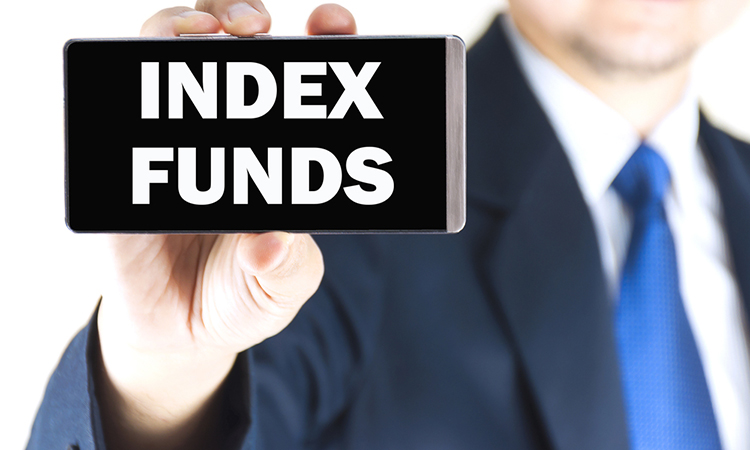ETFs vs index funds – Which one should you prefer?


An ETF is a basket of any type of security (stock, bond, commodity, currencies) or a combination of securities. It’s a key feature is that this basket can be traded, i.e. bought and sold like any stock on an exchange.
An index fund is also a basket—it contains various securities that track a market index. Since the portfolio is taken exclusively from a particular index, the index fund’s performance matches that of the index.
Differences between index funds and ETFs
- An ETF can be traded on an exchange, multiple times in a day, while an index fund cannot. The index fund is a type of mutual fund, and like all mutual fund investments, it can be traded once after the market closes.
- Both ETFs and index funds are passive investing instruments, i.e. the fund manager does not buy and sell constantly to maintain returns. However, there are actively managed ETFs, where the fund manager is constantly buying and selling within the portfolio and repeatedly changing the various holdings in the fund. The index fund, conversely, simply mirrors its respective index.
ETF vs index Fund—Advantages and disadvantages
|
ETFs |
Advantages | Disadvantages |
| Exposure to stocks across multiple industry sectors | Focused ETFs can limit investment diversification | |
| Low expense ratios, i.e. transaction and agent fees and brokerage | In actively managed ETFs, fees are higher due to more trading activity | |
| Investment risk spread through diversification | Low liquidity in the market can slow down transactions | |
|
Index Funds |
Diversification is limited to the index that the fund tracks | Exposed to sudden market movements, such as crashes |
| Low expenses since it is a passive investment tool | Investment flexibility is limited to the index that it tracks | |
| Attractive long-term returns | Gains limited to that of index; will never outperform the index |
Which one will work better for your investment goals?
If your investment strategy is invest-and-hold, both ETFs and index funds could be viable and attractive investment options. Index funds tend to be good mutual funds to invest in since they mirror the index, and indexes typically move upwards long-term. While index funds are a passive investing tool, you have both passive and active investing options with ETFs.
While making investment plans, it is prudent to reach out to a financial expert who can curate investment plans that consider your financial goals and standing, appetite for risk and investment horizon.
Reach out to one and plan your investments today!





